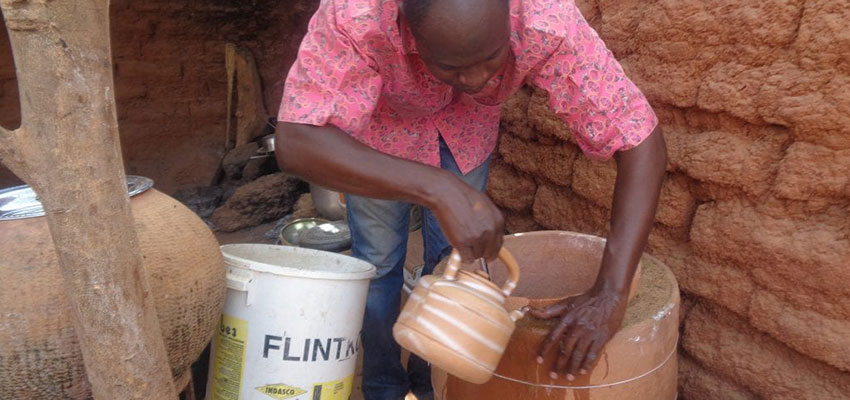
Blog post as posted on Engineering for Change website
Excerpt
"Along with temperature reduction, evaporative cooling devices provide protection from animals and insects, and increased humidity inside the storage chamber. These benefits significantly improve the shelf-life of common fruits and vegetables, leading to reduced spoilage (money saved), increase access to nutritious food (improved health), and less needed to frequently purchase food (time saved). The devices are easy to make using affordable, locally available materials, like clay pots, bricks, sand, charcoal, wood, dry grass, gunny or burlap sack, and twine. And because they don’t require electricity, they are an environmentally sound refrigeration solution that’s perfect for areas where access to electricity is limited."
Full blog post as posted on Engineering for Change website
Contact
Eric Verploegen, MIT D-Lab Research Engineer

